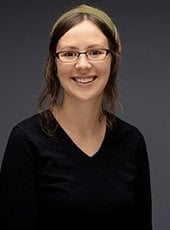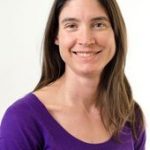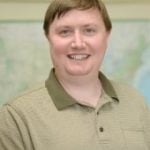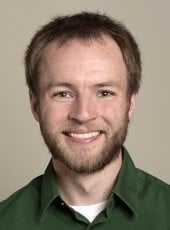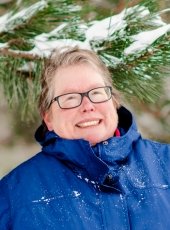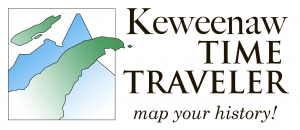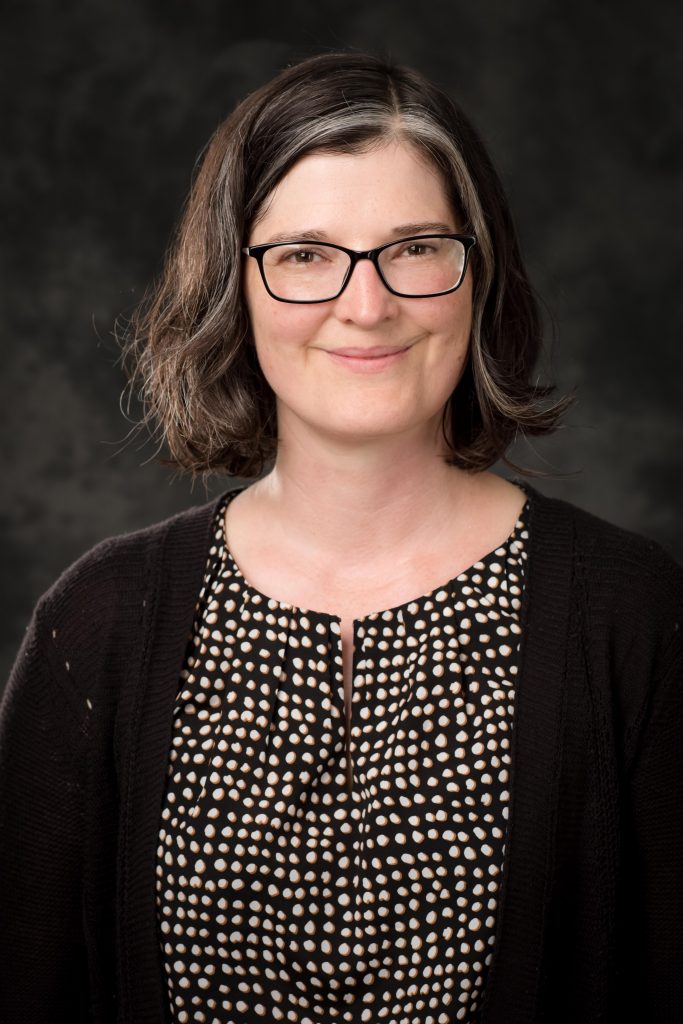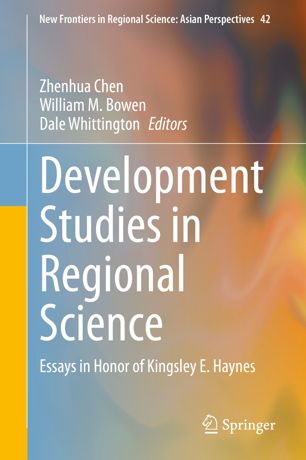
Barry Solomon (SS) and Fei Li published Environmental equity and nuclear waste repository siting in East Asia” in Chen, Z., Bowen, W., Whittington, D, eds. Development Studies in Regional Science: Essays in Honor of Kingsley E. Haynes (New York, Springer, 2020), pp. 147-166.
